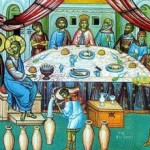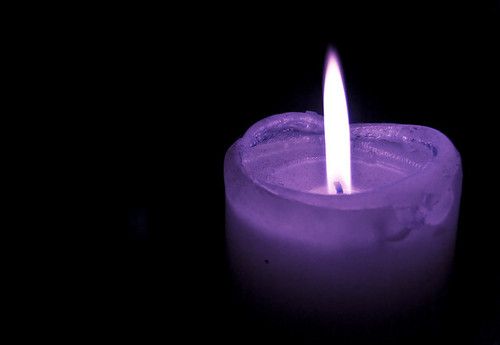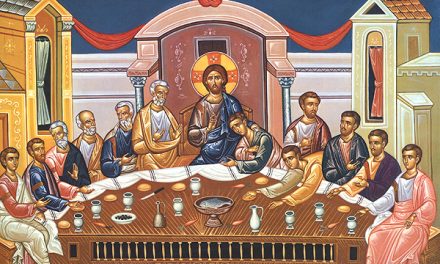Lectionary Reflections for Sunday, August 14, 2011
Twentieth Sunday in Ordinary Time
Psalm 67:2-3, 5-6, 8
Romans 11:13-15, 29-32
Matthew 15:21-28
The processional hymn for our wedding nine years ago was “Gather Us In,” written by Marty Haugen; it is a favorite of mine, and I have fond memories of singing this song regularly during Friday night Mass at the Des Moines Catholic Worker house, with friends from all walks of life and students from Simpson College, where I taught at the time. “Gather us in, the lost and forsaken; gather us in, the blind and the lame.” E pluribus unum (“out of many, one”) originally was a central theme of the Hebrew Scriptures and the Christian New Testament. According to scholar Gerhard Lohfink, the “gathering” of the scattered is a key biblical term for the event of salvation. As Depaul University theologian William T. Cavanaugh puts it, “Salvation in the Old Testament is not about individuals trying to gain admittance to a place called heaven after death; it is about gathering people in communion, thereby restoring the good creation that sin and violence have torn apart…, [and the] theme of gathering does not change in the New Testament; the only change is that the promises of the Old Testament are said to be fulfilled in Jesus Christ” (“Pilgrim People,” in Gathered for the Journey: Moral Theology in Catholic Perspective, eds. David M. McCarthy & M. Therese Lysaught [Eerdmans 2007], 91-92).
Indeed, Isaiah envisions a new age wherein even foreigners shall be welcomed at God’s holy mountain. They too shall “[o]bserve what is right, do what is just.” God’s dwelling will be “a house of prayer for all peoples.” Hence the psalmist’s refrain, “O God, let all the nations praise you!” And when Jesus finally grants the Canaanite woman’s request for her daughter’s healing, the good news for all peoples that Isaiah had promised is being inaugurated. As Paul, the apostle to the Gentiles notes, God desires “the reconciliation of the world”–and we, the church, are called to witness to and embody that vision.
Some years ago, the liturgical scholar Robert Hovda described the Mass as “kingdom play,” where worshipers gather and celebrate as if that vision of God’s kingdom has dawned. When we gather regularly and actively participate in worship, the songs that we sing (such as “Gather Us In”) will hopefull come to sing us; the gestures we perform (such as the passing of the peace) will come to gesture us–shaping us into the people God intends and spilling over into our lives and actions after we’ve been commissioned to “Go in peace to love and serve the Lord.” Drawing on an excellent image from basketball, Megan McKenna writes: “We live with one foot in the world and one in the church. The difference lies, perhaps, in which foot takes the weight, which foot we pivot on as we move” (Rites of Justice: The Sacraments and Liturgy as Ethical Imperatives [Orbis 1997], 38). Another favorite hymn of mine is “This Is My Song”: “This is my song, O God of all the nations, a song of peace for lands afar and mine. This is my home, the country where my heart is; here are my hopes, my dreams, my holy shrine; but other hearts in other lands are beating with hopes and dreams as true and high as mine.” In a time when there is so much fear of “the other,” may we truly take to heart the message of these scripture passages assigned for today.





